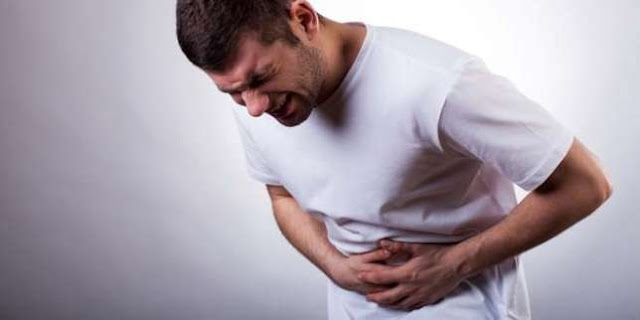HAND WASHING---WHY ITS IMPORTANT.
BENEFITS OF PROPER HAND WASHING
Do you know that washing hands regularly prevents illnesses and the transmission of infections
to others collapses?Hand washing with soap removes germs from hands.This helps prevent infections because people frequently touch their eyes,nose and mouth without even realizing it..
Ultraviolet (UV) light showing bacteria on a persons hand.
When to wash your hands
You should wash your hands thoroughly:
- after using the toilet or changing nappies
- before,during and after preparing food
- between handling raw and cooked or ready-to-eat food
- before eating
- after using a tissue or handkerchief
- before and after attending to sick children or other family members.
- after smoking
- after handling rubbish or working in the garden
- after handling animals
How to wash your hands properly
To wash hands properly:
- Wet your hands with clean, running water, turn off the tap.
- Apply soap and lather well for 20 seconds (or longer if the dirt is ingrained).
- Rub hands together rapidly across all surfaces of your hands and wrists.
- Don’t forget the backs of your hands, your wrists, between your fingers and under your fingernails.
- If possible, remove rings and watches before you wash your hands, or ensure you move the rings to wash under them, as microorganisms can exist under them.
- Rinse well under running water and make sure all traces of soap are removed.
- Dry your hands using a clean towel or air dry them
- It is best to use paper towels (or single-use cloth towel).
- Dry under any rings, as they can be a source of future contamination if they remain moist.
- Hot air driers can be used.
An idea at home: give each family member their own towel and wash the towels often.
Washing your hands with soap and water is a simple measure that can be taken
to help prevent illness
Use running water
Use running water instead of a basin of standing water that could become contaminated through use. Warm water may be better than cold for handwashing as soap lathers (soaps up) better with warm water. However, cold water and soap are still suitable. Hot water can damage the skin’s natural oils. Over time, this can cause dermatitis.
Soap is important
Washing hands with soap and water will remove substantially more disease causing organisms than washing hands with water alone. For people who find that soap causes skin irritation, it is useful to note that soaps can have a different pH – they may be neutral, slightly alkaline or slightly acidic, and perfumes in soap may also cause irritation. Changing soap may help some people
Liquid soap is best
Generally, it is better to use liquid soap than bar soap, particularly at work. However, bar soap is better than no soap.
No advantage to using antibacterial soap
When following the handwashing steps outlined above, all soaps are equally effective at removing disease causing germs. Antibacterial soap is unnecessary and does not offer an advantage over regular soap.
Take care of your hands
Handwashing is only one part of hand hygiene. Looking after your skin generally is important, as your skin is your most effective barrier against infection. After your hands have been dried thoroughly, you can help to look after your hands if you:
- Apply a water-based absorbent hand cream three to four times a day, or more frequently if your hands are constantly in water.
- Use gloves to wash dishes to protect your hands.
- Use gloves when gardening to prevent a build-up of ingrained soil or scratches.
- Consult a doctor if a skin irritation develops or continues.
Brought to you by Icotechshop






Comments
Post a Comment